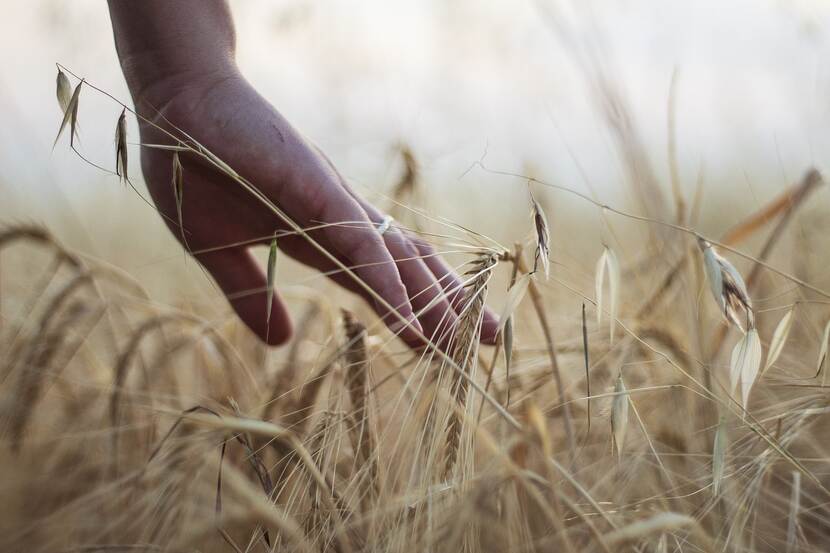Who will look after Spanish farms?
Generational transition is a major problem in Spanish agricultural and fishery sector. Spain has the highest life expectancy in Europe (82.5 years). As good as it may sounds, it also involves challenges for rural areas, where 1 out of 4 people is over 65 years old (Spain in figures). Meanwhile, those under 35 years old do not represent more than 15%. An aging population threatens the current model of agriculture made up largely by family farms. The Union of unions of Farmers and Livestock warns that nearly 20% of Spanish farms might disappear by 2040. Changing the farming culture might offer an alternative.

Fisheries are facing similar threats. The majority of fisherman in Spain are in between 40 and 64 years old. There is a growing aging crew, while wages are unattractive, especially with the high degree of accidents sailing the high seas. The total workers employed in fishing and aquaculture is less than 35.000 (MAPA). Added to the fact that nearly 80% of Spanish fishing fleet is made of small gear vessels that requires hard artisanal work.
Why is this happening?
Three structural reasons:
- Disinvestment in infrastructure and public services such as health and education in rural areas, making living in the countryside less attractive.
- Lack of profitability of the agricultural and fishing sector. The value in real terms of the food sector has been lost, while the average family expenditure has increased.
- Compensation for workers is low compared to the risks and effort needed to work in agriculture or fishery.
As a result, farming and fishing families prefer their children to be educated in other activities that guarantee them a more prosperous economic future, and new generations shift to other economic sectors.
The lack of working forces in these sectors also jeopardizes the production of high-quality food and sustainably-locally sourced products, thus affecting Spanish strategic food autonomy.
What do experts recommend to revert the situation?
Experts from Alimentta think tank mentioned some of the following alternatives:
- Increasing revenues by paying greater attention to the ecosystem services provided by farmers, which are often not sufficiently remunerated. Which translate in lower agricultural income. Farms and sustainable fisheries preserve the Spanish countryside and promote sea conservation.
- Promote small-scale and local fishing. The capacity of small-scale fishing has been reduced, in contrast to the increase of larger tonnage vessels. Smaller fleets have lower environmental impact, and its production provides greater nutritional value. Plus small-scale fishing contributes to preserving local knowledge of seas and maritime culture.
- Promote the appreciation of local and fresh products. Giving economic and cultural value to this type of local products and how they are sourced could improve its profitability.
- Generate alliances with other production systems.
- Advance in change culture.
Change culture
One of Spanish priorities is to invest in capacity building and training programs for existing and coming generations in agricultural families. The Ministry of Agriculture, through the General Directorate of Rural Development, Innovation and Agri-Food Training is working hard on this topic. They are developing the contents of the family farming law. The law must address, among other issues, access to farmland, shared ownership, improving access to financing, or the incorporation of younger generations and women, who are not well represented in the Spanish farms.
Sometimes solutions are found outside the farm boundaries. Spanish farmers are knowledgably and incredibly hardworking, however sometimes they find it hard to hand over the helm to new generations. A phenomenon often seen in family businesses built through generations of hard work. The Spanish family company Exafan, dedicated to livestock equipment, explains that sometimes inviting a new professional to work in the family business can develop a farm further ahead. Adding new knowledge and expertise can make the business more profitable. In their case, by reshaping the vision of the existing generation by learning how to explore international markets and invest in innovation and technology.
Sources: La Moncloa/Ministry of Agriculture MAPA